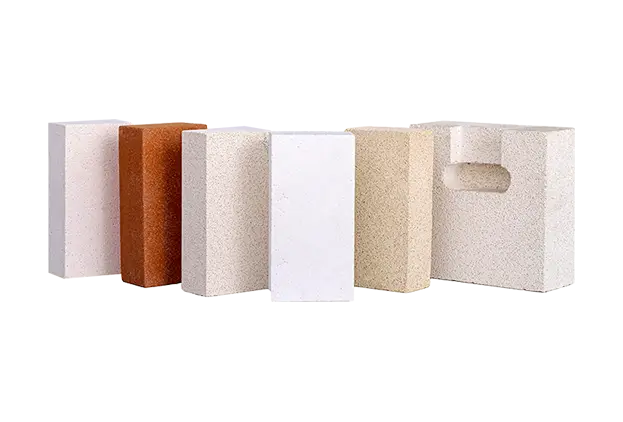In the evolving world of industrial materials, insulating bricks have emerged as a pivotal solution for enhancing thermal efficiency in manufacturing processes. Their application ranges from kilns to furnace linings, proving to be a critical factor in achieving optimal heat retention. This article delves into notable real-world applications of insulating bricks, illustrating their effectiveness through a series of successful case studies.
Consider the case of a large ceramic manufacturer that faced significant challenges with heat loss during production. The application of insulating bricks allowed for the construction of more efficient kilns, which not only improved the heat retention process but also minimized energy consumption. By integrating these bricks into their systems, the client reported a substantial enhancement in their production cycle times, leading to a marked increase in output.
Another compelling example is provided by a metallurgy company that specializes in metal casting. The use of insulating bricks in their furnace linings played a crucial role in maintaining stable internal temperatures, which directly impacted metal quality. Moreover, the bricks provided an additional layer of safety by reducing external surface temperatures, thereby protecting workers and surrounding equipment. Customer feedback highlighted that this enhanced safety protocol enabled shifts to operate more smoothly, with fewer incidents and delays.
Client testimonials are often the most telling indicators of a product's success. In conversations with multiple clients who have adopted insulating bricks, it's clear that the benefits extend well beyond mere energy savings. Many reported an overall improvement in operational morale, as workers felt safer in a controlled environment and less susceptible to the hazards associated with extreme temperatures. These qualitative benefits, alongside the quantitative improvements in energy efficiency, strategically position insulating bricks as a necessity for modern industrial facilities.
As industries move towards more sustainable practices, the role of insulating bricks is becoming increasingly vital. Their contribution to lower energy demands not only supports corporate sustainability goals but also aligns with global efforts to reduce carbon footprints. Companies that adopt insulating brick technology are not only reaping immediate benefits but are also investing in a future that prioritizes environmental responsibility.
The successful implementation of insulating bricks in diverse industrial contexts showcases their effectiveness in improving thermal management and operational efficiency. Through real-world applications and positive customer feedback, it is evident that insulating bricks are not merely a component of construction; they epitomize the intersection of innovation and practicality in the quest for improved industrial performance.

